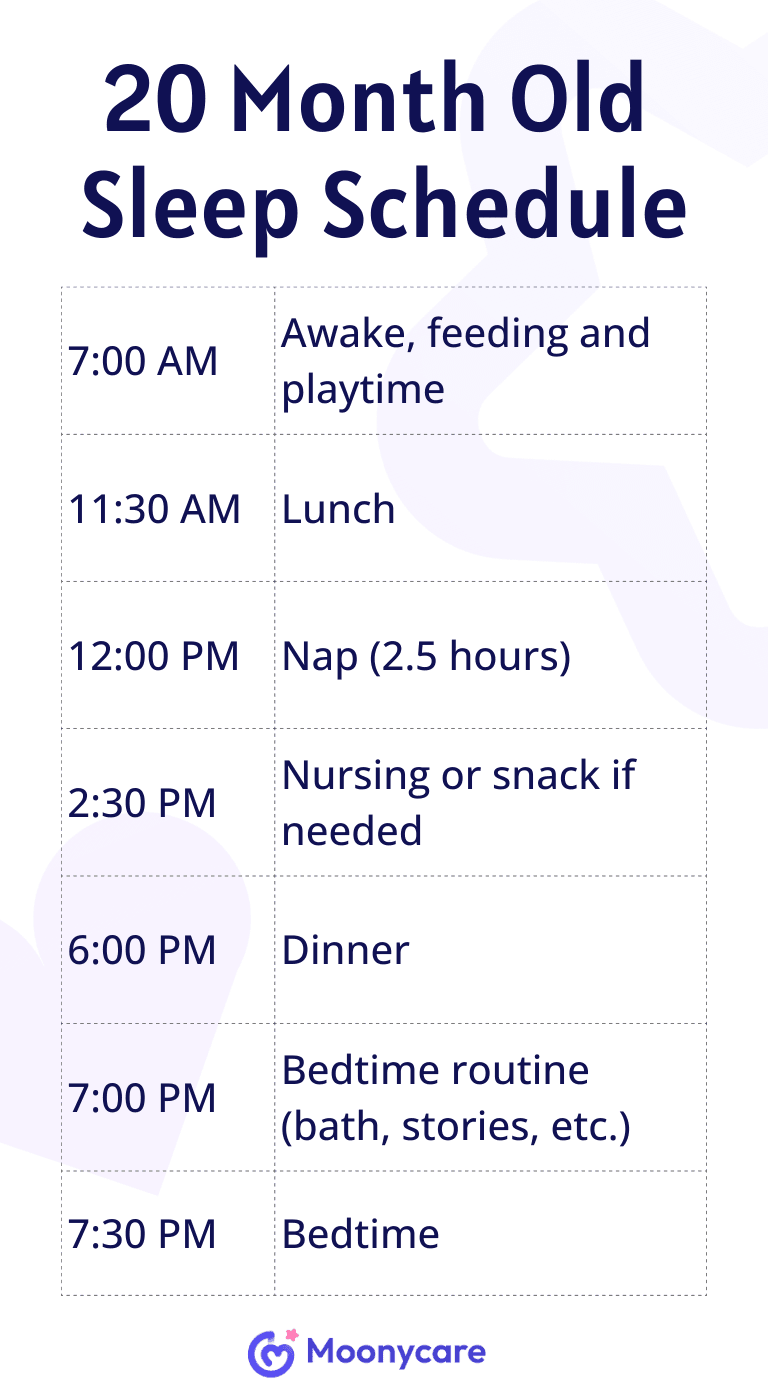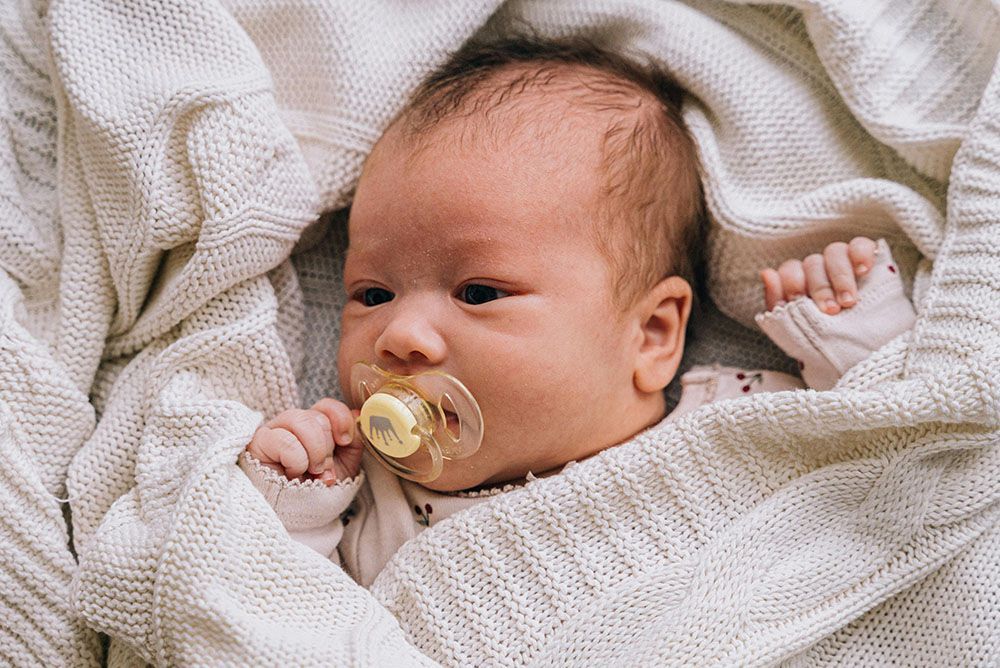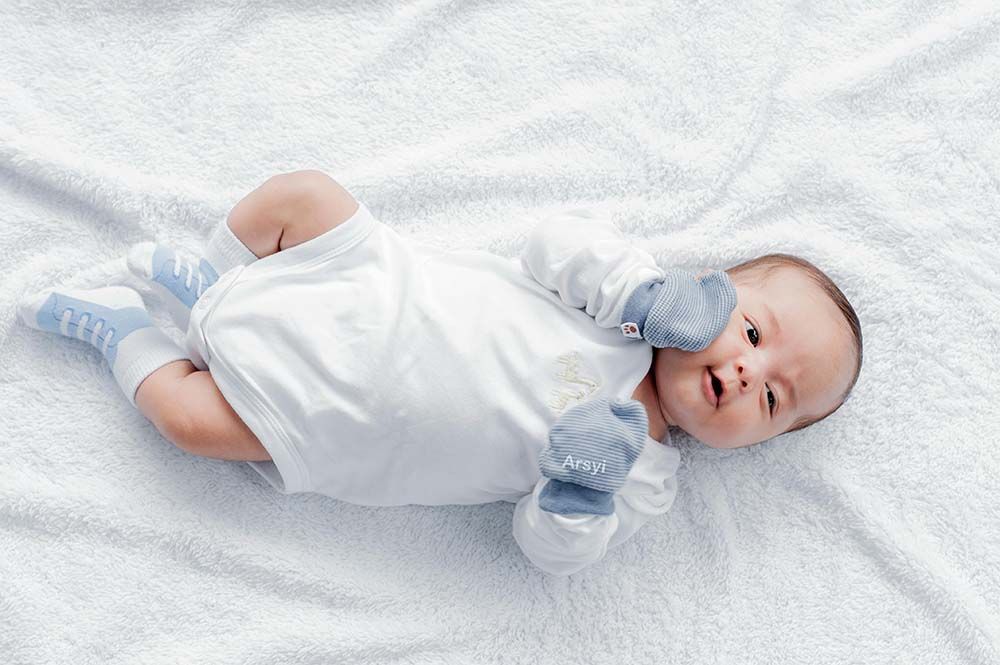

As your toddler reaches 20 months, their sleep patterns continue to evolve, presenting new challenges. This stage often marks significant transitions, such as moving from two naps to one and navigating occasional sleep regressions. In this guide, we'll explore practical tips and strategies for creating a balanced sleep schedule that supports your 20-month-old's growing independence and developmental needs, ensuring they get the restful nights they need to thrive.
IN THIS ARTICLE:
What are Wake Windows for a 20 Month Old?
A Sample Sleep Schedule for 20 Month Old Babies
How Much Should a 20 Month Old Sleep?
How Long Should a 20 Month Old Nap?
How Many Naps are Suitable for a 20 Month Old?
What Time Should a 20-Month-Old Go to Bed?
Can a 20-Month-Old Baby Sleep Through the Night?
Can a 20-Month-Old Sleep in a Crib?
Can a 20-Month-Old Sleep with a Pillow?
Can you Sleep Train a 20-Month-Old?
Is there Sleep Regression for 20 Month Old Babies?
What are Wake Windows for a 20-Month-Old?
At 20 months, your child's wake windows - periods of time they can comfortably stay awake - are critical for maintaining a balanced sleep schedule. Typically, a 20-month-old can handle wake windows of 4-6 hours. The first wake window of the day is often longer, around 5 to 6 hours, while the second one might be shortened to 4 to 5 hours. All in all, it is up to your child's individual sleep needs. You should observe the sleepy cues that your baby shows, like rubbing their eyes or getting cranky, can help you identify the appropriate wake window.
Sample 20-Month-Old Sleep Schedule
To give you an idea of how to structure your day, here is a sample sleep schedule for a 20-month-old:

This schedule assumes one nap during the day, which is typical for most 20-month-olds. However, the exact timing may vary depending on your child's natural rhythms and family routine.
How Much Should a 20-Month-Old Sleep?
Baby at this age generally needs about 12-14 hours of sleep in a 24-hour period. This includes one long stretch of night sleep, usually around 10-12 hours, and a daytime nap. Ensuring that your child gets the right amount of sleep is essential for their physical and cognitive development, as well as their mood and behavior during waking hours.
How Long Should a 20-Month-Old Nap?
By this age, the ideal nap length is typically between 2 and 3 hours. Napping too little can lead to overtiredness, making it harder for your child to fall asleep at night. On the other hand, napping too long might interfere with bedtime, so finding the right balance is important.
How Many Naps are Expected for a 20-Month-Old?
At 20 months, the majority of children are down to one nap per day. This nap usually occurs in the early afternoon and serves as a crucial recharge period for the rest of the day. While some children may still occasionally need two naps, particularly if they're going through a growth spurt or have had a particularly active morning, most will thrive on a single, longer nap.
What Time Should a 20-Month-Old Go to Bed?
For a 20-month-old, a consistent bedtime between 7:00 and 8:00 PM is generally ideal. This timing allows for a full night's sleep while ensuring that your child is ready for their nap the next day. However, the exact time can be adjusted based on your child's unique sleep needs and family schedule. If your child tends to wake up too early or struggles to fall asleep, you might consider slightly adjusting the bedtime earlier or later by 15-30 minutes. Additionally, incorporating a calming bedtime routine, such as a bath, storytime, or quiet play, can help regulate their internal clock and indicate your toddler that it's time to sleep.
Can a 20-Month-Old Baby Sleep Through the Night?
Many 20-month-olds are capable of sleeping through the night, defined as sleeping for 10-12 hours without needing parental intervention. However, it's normal for some toddlers to still wake up occasionally, especially during periods of teething, illness, or developmental changes. To address this, ensuring your child is comfortable, well-fed, and following a consistent routine can help minimize these disruptions.
Can a 20-Month-Old Sleep in a Crib?
At 20 months, many toddlers are still sleeping in a crib, which is recommended for safety. However, if your child is attempting to climb out, it may be time to transition to a toddler bed. This change should be approached with patience and consistency to ensure a smooth adjustment.
Can a 20-Month-Old Sleep with a Pillow?
Generally speaking, although it is safe to introduce a pillow at 20 months, it's not necessary. Many toddlers at this age are perfectly comfortable without one. If you do choose to introduce a pillow, make sure it's small, firm, and specifically designed for toddlers to reduce the risk of suffocation or discomfort during sleep.
Sleep Training a 20-Month-Old
If your 20-month-old is having trouble falling asleep independently, sleep training might be an option to consider. Methods like the gradual "Ferber method" or the "camping out" technique can be effective at this age. The key is to remain consistent and patient, as changes in sleep habits can take time.
Does 20 Month Encounter Sleep Regression?
No fixed answer. At this age, some babies may still encounter sleep regression while some not. If you baby is experiencing regression, it may be affected by separation anxiety, developmental milestones, inappropriate wake windows or nap duration, or the discomfort of teething. To solve this issue, you can try to maintain a consistent routine and provide extra comfort during this period. Don't be too overwhelmed, because this phase won't last too long.
20-Month-Old Sleep Tips
Here are some tips to help your 20-month-old sleep better:
-
Establish a Routine: A consistent bedtime routine signals to your child that it's time to wind down. You can do some calming activities, including a warm bath, reading a book, or singing lullabies.
-
Create a Sleep-Inducing Environment: Make sure the bedroom is dark, quiet, and cool. A white noise machine can help drown out household sounds.
-
Monitor Diet: Avoid sugary snacks or drinks before bedtime, as these can lead to sleep disruptions.
-
Stay Calm During Wake-Ups: If your child wakes up at night, respond calmly and quietly. Avoid turning on bright lights or engaging in stimulating activities.





